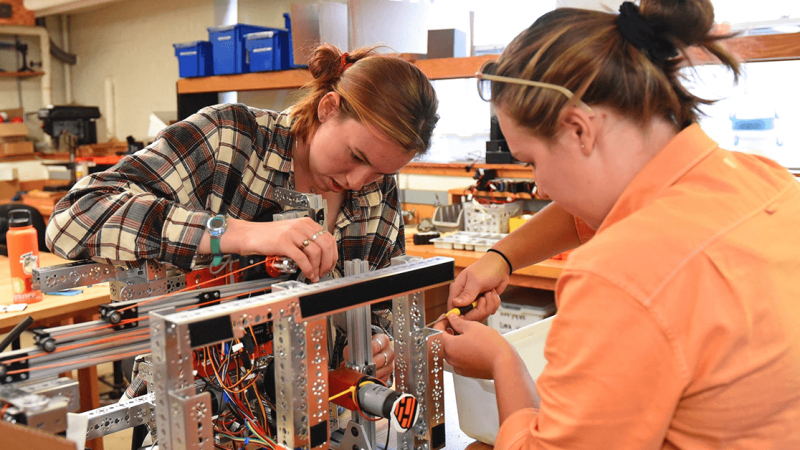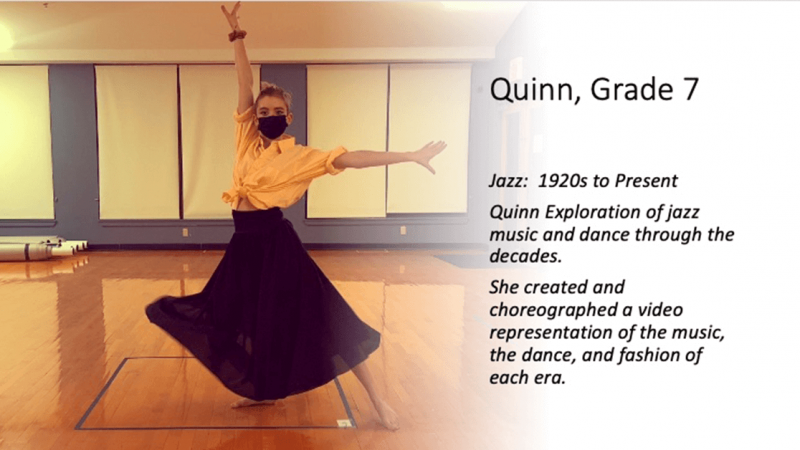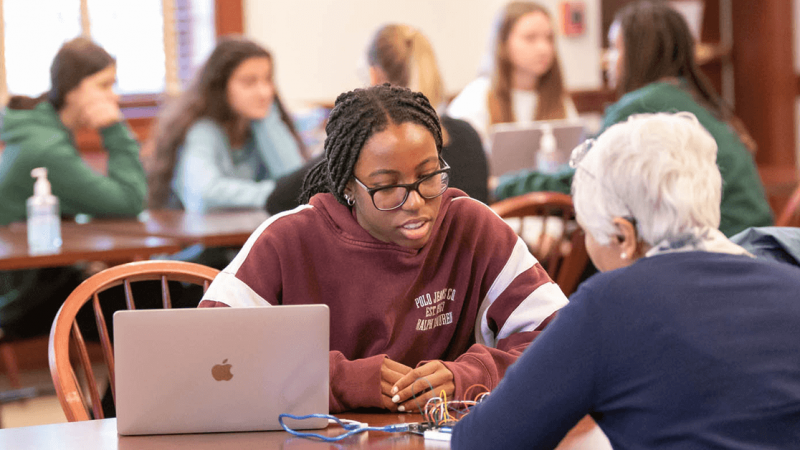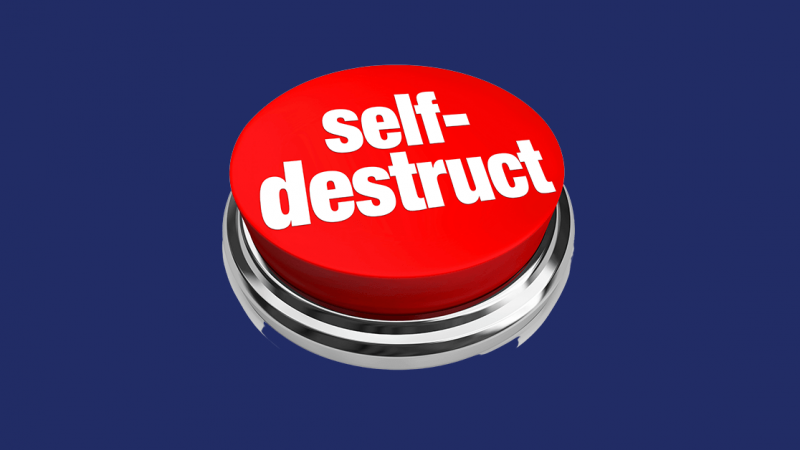April 20, 2023 After a two-hour drive due north from the Hartford, CT, area, one exits the highway and winds through the hills to Saxton’s River, VT, the home of
April 17, 2023 Attitude usually plays an essential role in success. In my experience, the most successful students tend to see themselves as students and feel a sense of pride
April 6, 2023 Conceptualized and designed in 2008 as a program that would provide opportunities for students to customize a learning experience, Berwick Academy’s Innovation Center and Innovation Pursuit® (IP) program
April 5, 2023 Before Seth Godin’s famous marketing book, Purple Cow: Transform Your Business by Being Remarkable, hit the market, we were first treated to the concept of the purple
March 30, 2023 As the government passes an extra $50 million injection to civics education, I wonder how we take advantage of this opportunity to ensure that every student actually
March 27, 2023 The other day I talked with a parent who was lamenting how much time her children spend on screens at school. They are in an excellent school—the
March 20, 2023 Artificial Intelligence is on the tip of every educator’s tongue as ChatGPT has suddenly emerged onto the scene. Its ability to be prompted by individual users to
March 17, 2023 This article was originally posted on the Miss Porter’s School website. Have you ever read a novel in which the historical context was of no importance? Do
March 14, 2023 There is a lot of talk these days about how to teach basic executive functioning skills in schools as well as SEL, DEI, and stress reduction. With
March 9, 2023 At the recent OESIS conference in Las Vegas, one of the speakers, when discussing ChatGPT, expressed the opinion that “we will see a very different response in










